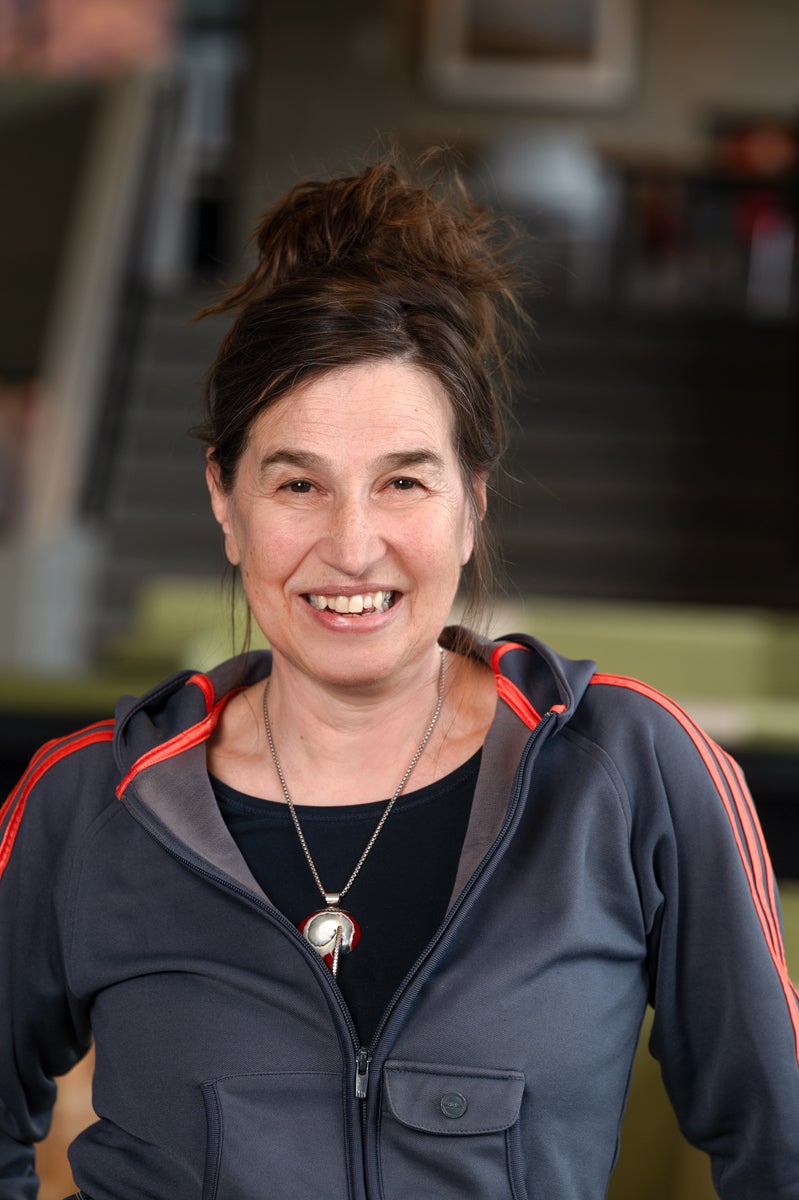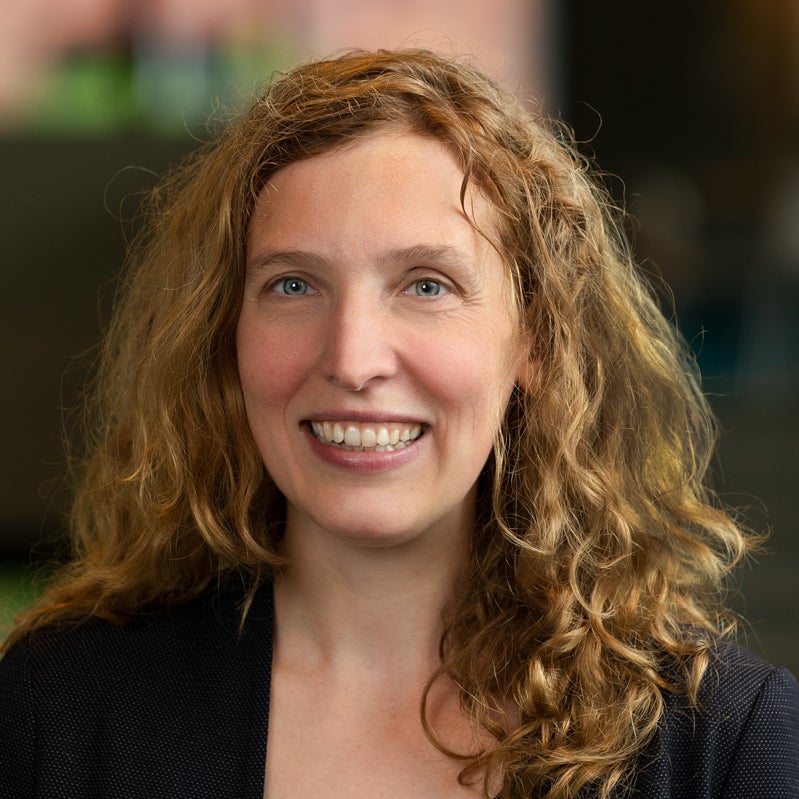The field of Communication Science has changed profoundly with the advent of new media technologies, new communication routines, and new empirical research methods. The department responds to these major trends by organizing research activities in the program “Communication Choice, Content, and Consequences (CCCC)”. Within this program three different research groups focus on three evolving areas that are considered of crucial importance to the field: Political Communication & Media Monitoring, Media Psychology and Digital Communication.
The staff of the department focus predominantly on these important themes within Communication Science, and do so in close collaboration with scholars from other disciplines within the Institute for Societal Resilience (ISR) of the School of Social Sciences and the VU-based multidisciplinary Network Institute to analyze communication processes from different perspectives.
Accordingly, research is published in leading journals in Communication Science as well as in journals of related disciplines.


